This Thursday, January 25th, students from Colégio Internacional de Vilamoura (CIV) will illustrate the windows of one of the streets in the municipality of Loulé with the questions raised by the community in the 11th edition of the Questions Festival.
In addition to the questions written in 16 commercial windows on Rua de Portugal, students will attend two activities, one at the Municipal Archive and the other at Loulé Criativo, where students will talk to artisans Wesley (maker da Madeira) and Manuel Amorim (luthier), and try to capture the importance of the past in a work that lasts over time.
At the Municipal Archive, they will have contact with remarkable resources from the estate that, in some way, connect with questions asked by the students: “How was the light made?” (Bianca Vieira, 6 years old); “Why couldn’t girls vote?” (Quinn Trennor-Leah, 8 years old); “Is the past okay?” (Miguel Wang, 9 years old); “How did you eat the past?” (Catarina Cristina, 7 years old); “My grandfather was called Joop. Where was my grandfather, my grandfather, my grandfather Joop born?” (Sara Heuvelman, 7 years old); “Were people smarter back then?” (Henrique Sepúlveda, 10 years old) and “What were the schools like?” (Chloé Schoos, 10 years old).
The Festival of Questions takes place every year, jointly organized by the Philosophy disciplinary group, in conjunction with the CIV School Library, as a way of marking World Philosophy Day.
The festival involves the participation of the entire community (students, teachers and non-teachers), through the elaboration of a question, this year under the theme: “What question would you ask the past?”.
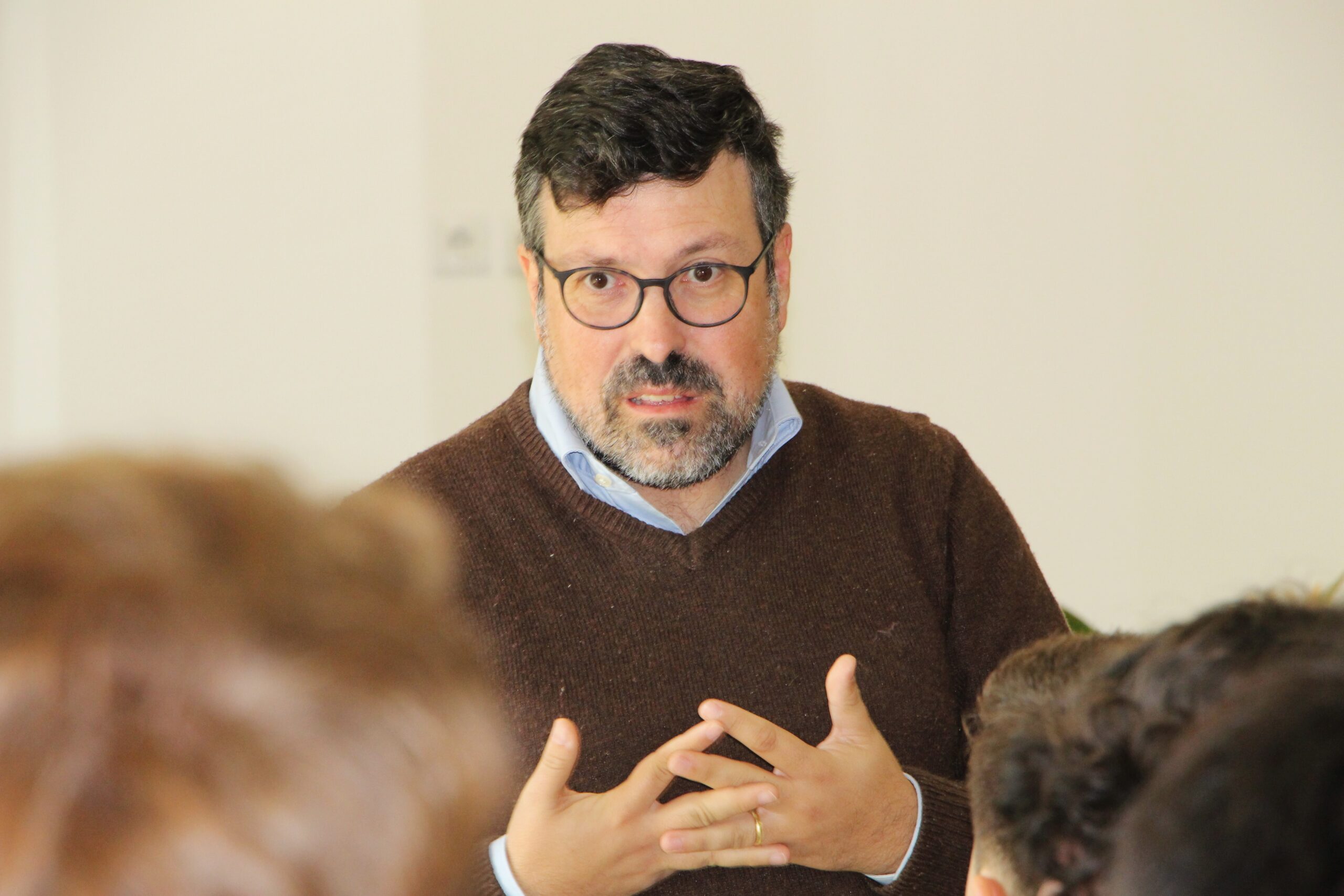
According to the CIV, it was also under this motto that the college recently welcomed professor Alexandre Franco de Sá, from the University of Coimbra.
Following this proposal, the teacher focused on three other questions in the session aimed at secondary education students: “How did this all start?”; “How do we think about the past?” and “What does the past have to do with us?”
For the philosopher, “Philosophy questions are an invitation to confrontation”; “The fundamental questions (Grundfragen) have, at their base, an abyss”. “We can live without thinking about it, but to live without thinking about it is to do without what we are (…) We are in a life, we care, we get angry, we have friends, and that is not a computer game”.
«Questions reflect our amazement and concern about the world and project our doubts about how this world is and how it could be. It is an exercise in free thinking that, in addition to mirroring the thoughts of each participant, has the ability to question and provoke the thoughts of others, when the different questions are published», says Laurinda Silva, Philosophy teacher responsible for the event.
«This initiative is part of the CIV's strategy to promote teaching that is based on questioning, promoting curiosity, cultivating autonomy and training children and young people capable of looking at the world critically. Questions have always been the lever for constructing meanings and building knowledge. Working on critical thinking in schools is absolutely fundamental for today's young people to become adults with the ability to think clearly and independently about the complexity of the world. The strength and vitality of democratic structures depend on critical thinkers in training», highlights Cidália Ferreira Bicho, Pedagogical Director of the CIV, about the importance of the art of asking.
The Question Festival began on November 16th last year and continues throughout the academic year.
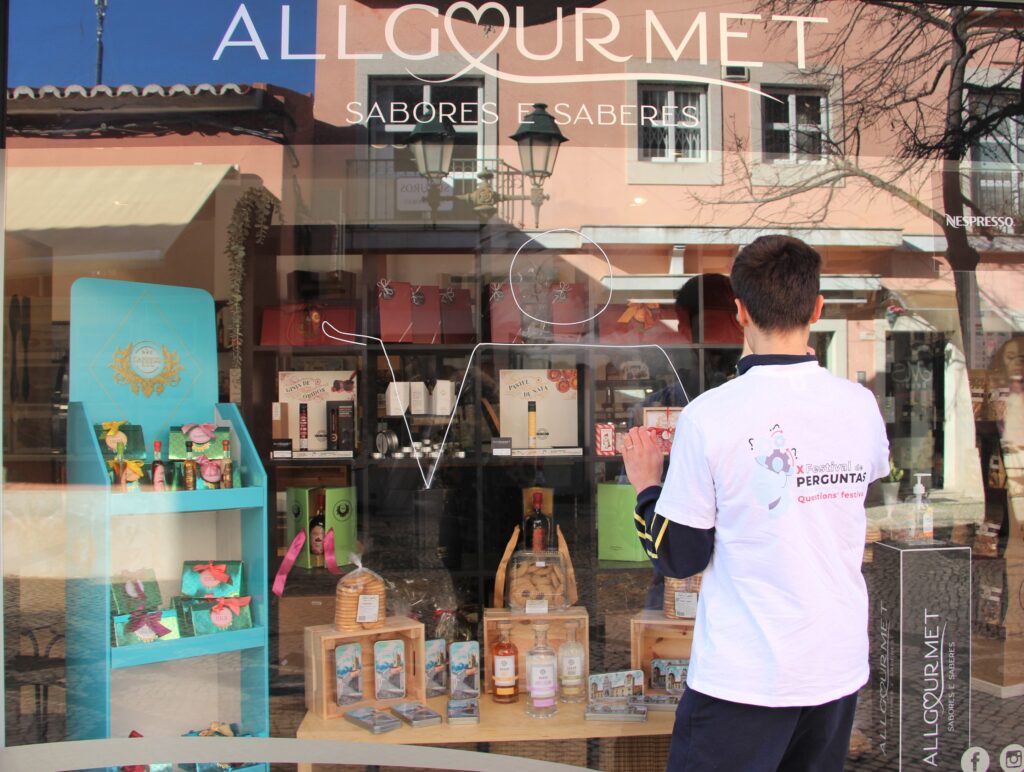
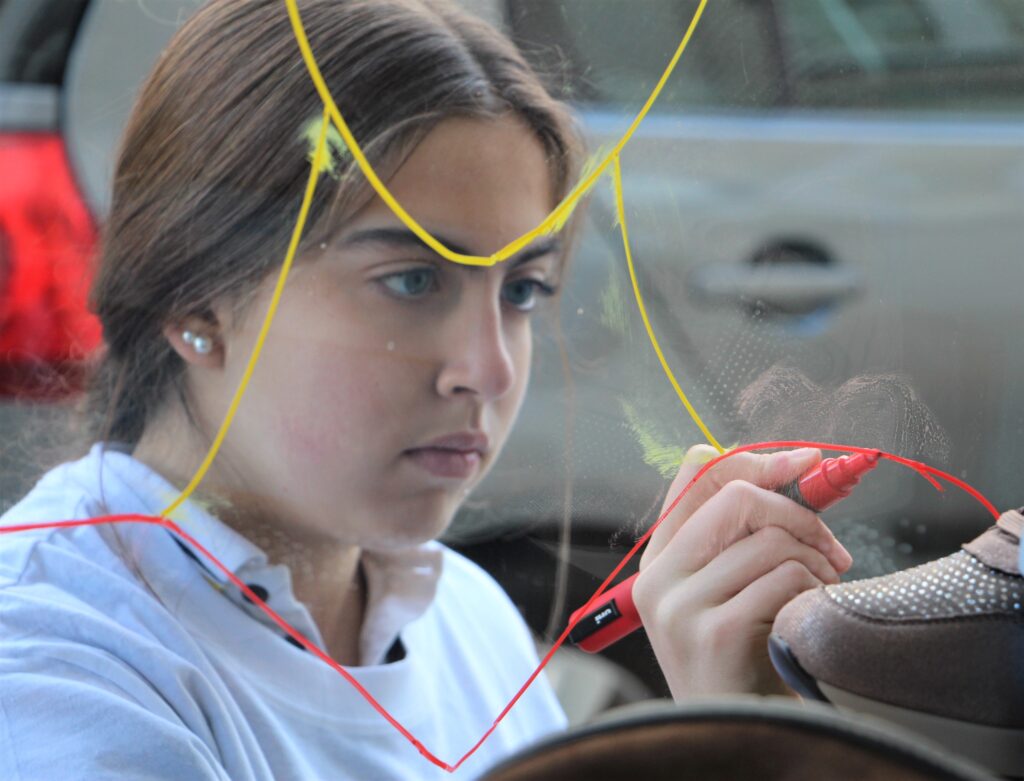
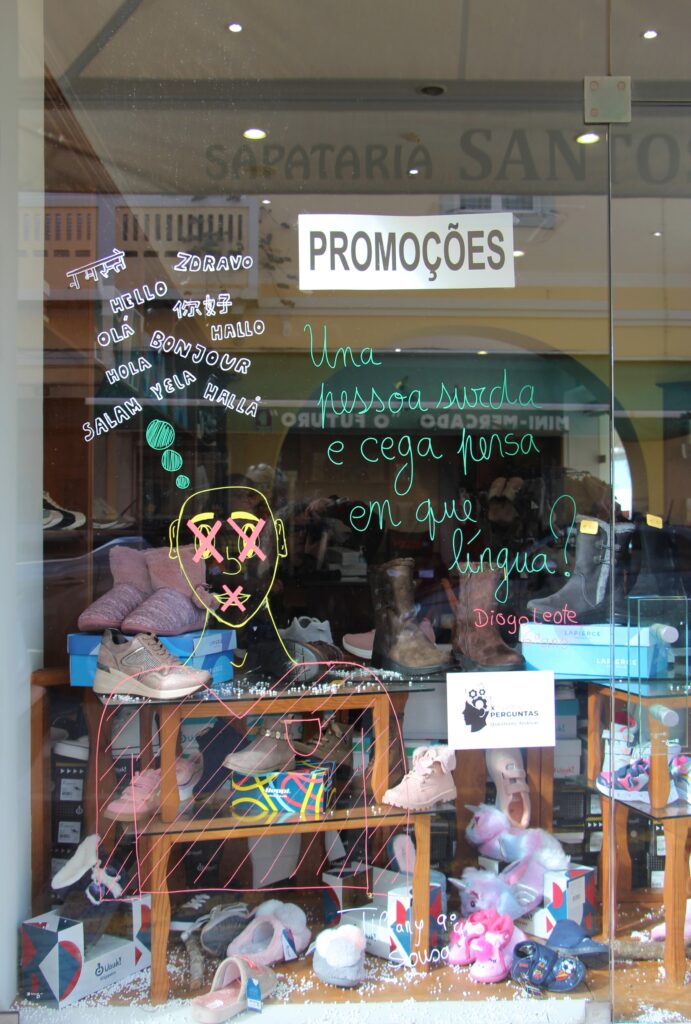
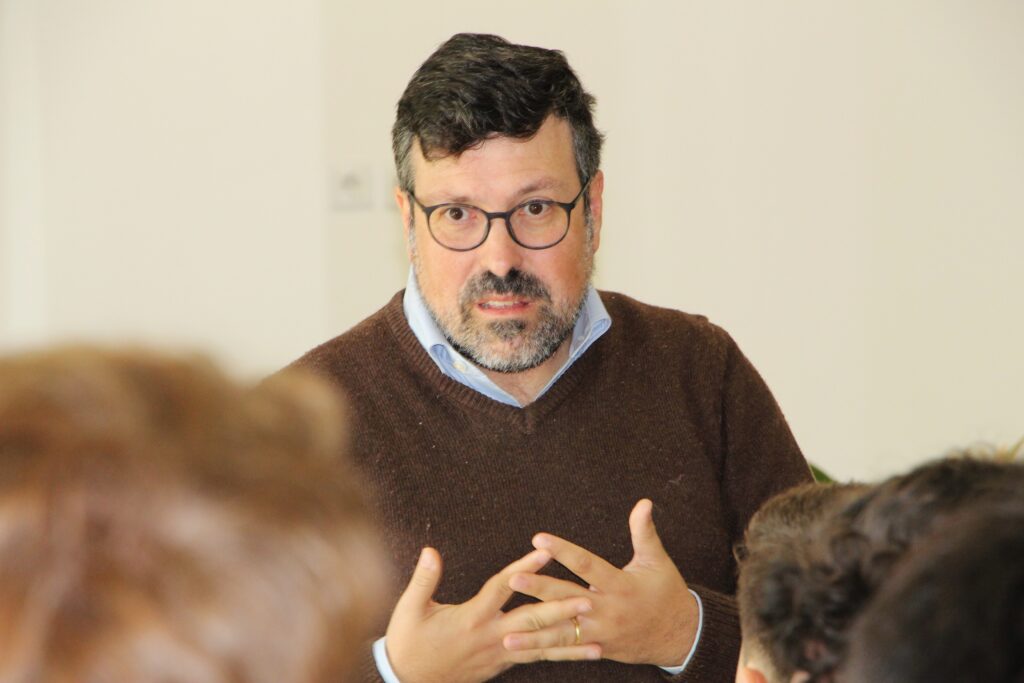


















Comments